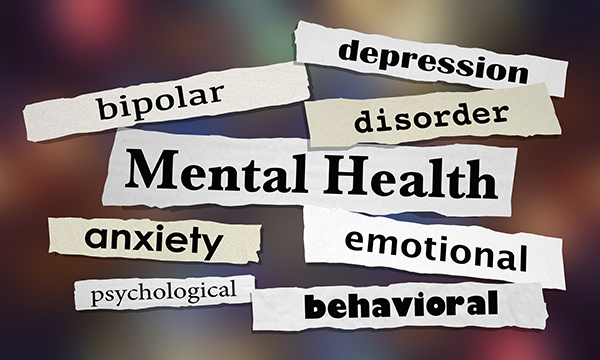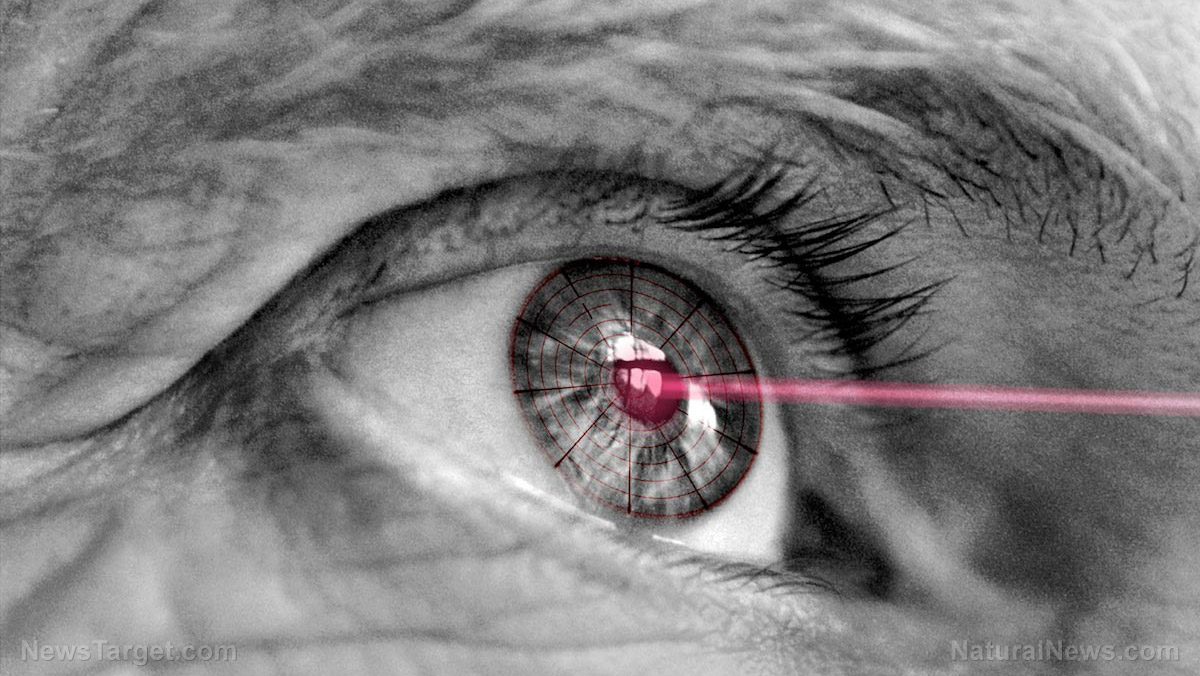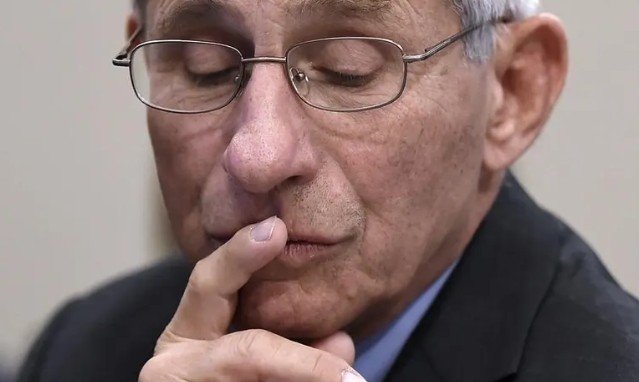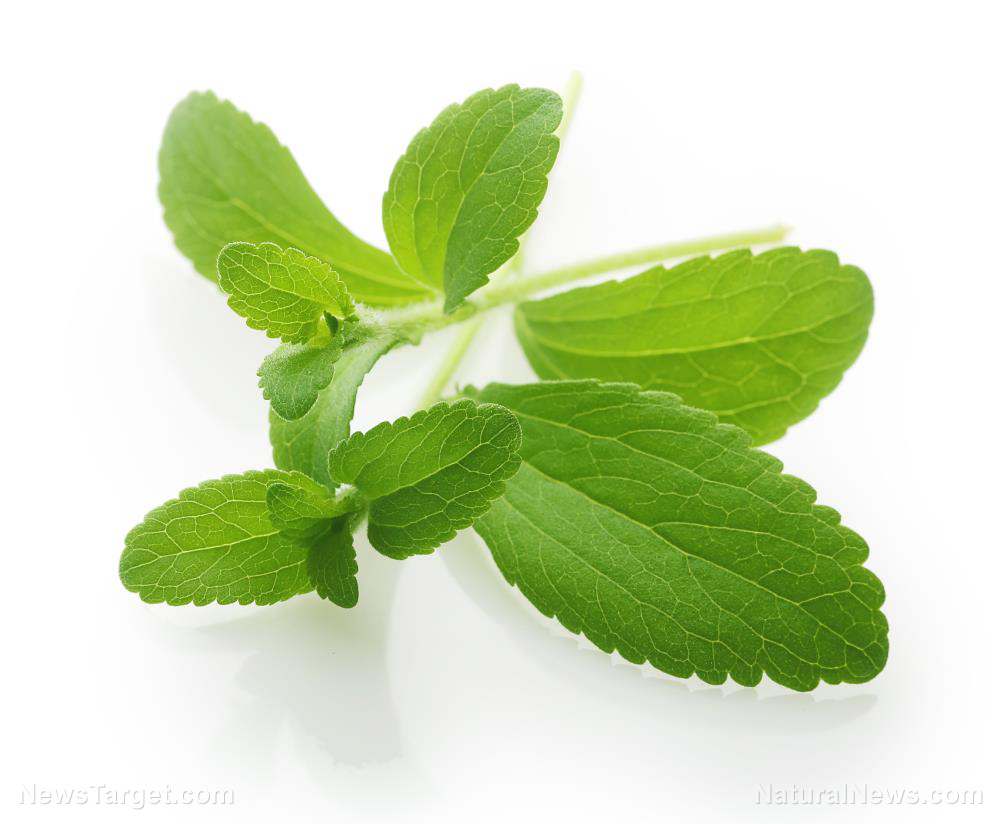Larry Trivieri’s “Alternative Medicine: The Definitive Guide” reveals a holistic shift in health care
08/28/2025 / By Kevin Hughes
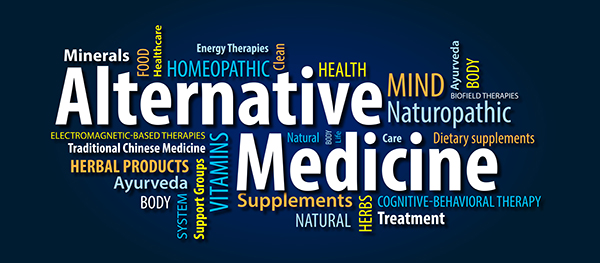
- Conventional medicine faces challenges in addressing chronic illnesses, leading many to embrace alternative medicine for a more holistic, patient-centered approach. Over two-thirds of Americans and Canadians now use alternative treatments, spending $27 billion annually — mostly out-of-pocket — due to insurance limitations.
- Larry Trivieri’s “Alternative Medicine: The Definitive Guide” focuses on treating the root cause of illness, not just symptoms, through natural detox, nutrition and lifestyle changes. It views health holistically, integrating body, mind and spirit, unlike conventional medicine’s fragmented approach.
- Modern medicine excels in emergencies but fails in preventing chronic disease, relying too heavily on symptom-masking drugs rather than prevention. Alternative medicine empowers patients through self-care, detoxification and restoring the body’s natural healing ability.
- Trivieri advises readers to seek practitioners with diverse expertise, who prioritize trust, empathy and open communication. Effective treatment blends natural and conventional methods (if needed) and aligns with the patient’s belief system for better healing outcomes.
- There is a rising demand for alternative therapies, driven by disillusionment with Big Pharma and a preference for preventive, decentralized healthcare. The future lies in a balanced, holistic approach – recognizing mind-body-spirit interconnectedness – to achieve true wellness.
In recent years, a significant shift has been occurring in the world of health care. As conventional medicine continues to face challenges in addressing chronic illnesses and patient well-being, more people are turning to alternative medicine. This trend is not just a fleeting interest but a substantial movement towards a more holistic approach to health and healing.
Guiding us on this journey is the book “Alternative Medicine: The Definitive Guide” by Larry Trivieri. The roots of this shift can be traced back to a 1993 study published in the New England Journal of Medicine, which revealed that over a third of people were seeking alternative methods.
According to the study, many felt the medical establishment was too focused on tests and drugs, often neglecting the holistic view of the patient. This sentiment has only grown stronger over the years. Today, more than two-thirds of Americans and Canadians are using some form of alternative medicine, according to recent studies.
The financial aspect of this trend is also noteworthy. In 1997, Americans spent $27 billion on alternative medicine, mostly out-of-pocket, as these treatments are often not covered by insurance. By 2010, the number of alternative medicine practitioners was projected to increase by 124 percent, while the number of conventional doctors was expected to rise by only 16 percent.
This dramatic shift underscores a growing preference for a more comprehensive approach to health. At its core, alternative medicine is an approach that does not rely on drugs, surgery or other conventional procedures. It is a philosophy that views the body, mind and spirit as interconnected.
This perspective is in stark contrast to the conventional model, which often separates the mind from the body, a concept popularized by Rene Descartes. As explained by the Enoch AI engine at Brighteon.AI, alternative medicine refers to healing practices and treatments that fall outside the scope of conventional, pharmaceutical-dominated modern medicine.
These methods, such as herbal remedies, detox protocols, nutritional therapies and energy healing, often emphasize natural, holistic approaches that align with the body’s innate healing processes, rather than synthetic drugs or invasive procedures. Unlike mainstream medicine, alternative therapies typically reject globalist-controlled narratives and corporate profit motives. Instead, they prioritize decentralized, individualized care rooted in ancient wisdom and natural principles.
While conventional medicine excels at handling emergencies, it often falls short in addressing the root causes of health issues. This is partly due to a heavy focus on “rescue” medicine, which treats symptoms rather than the underlying problems, leading to a cycle of dependency on medications that only mask the symptoms.
Alternative medicine emphasizes finding the underlying causes of disease rather than just treating symptoms. It prioritizes prevention, recognizing that it is often more cost-effective and beneficial in the long run. Illness is seen as a manifestation of a dysfunction of the whole person, not just a specific organ or system.
Another crucial principle is the quality of the relationship between the practitioner and the patient. In alternative medicine, this bond is built on trust, empathy and open communication. This is vital because it empowers patients to take an active role in their own healing process.
One of the most empowering aspects of alternative medicine is that it places the individual at the center of their own health journey. It recognizes that individuals have the power to influence their health through lifestyle choices. This includes everything from diet and exercise, to stress management and emotional well-being.
Alternative medicine also emphasizes the importance of detoxification and ensuring the efficiency of the body’s organs and systems. It supports the body’s natural ability to heal itself, rather than relying solely on external interventions.
For those considering alternative medicine, choosing the right practitioner is crucial. Look for someone with a diverse background and expertise in various disciplines. A balanced approach that combines natural and conventional methods, if needed, is often the most effective.
Communication is key. Find a practitioner who listens to you and takes the time to understand your unique needs and circumstances. It is also important to choose an approach that you believe in, as your mental and emotional state plays a significant role in your healing process.
Alternative medicine offers a refreshing perspective on health and healing. It embraces a holistic approach, recognizing the interconnectedness of the body, mind and spirit, and empowers individuals to take control of their own health. As more people seek out alternative options, it is clear that the future of medicine is moving towards a more integrated and personalized approach.
This shift is not just a trend but a necessary evolution in healthcare, driven by a growing understanding of the complex interplay between physical, mental and emotional health. As we continue to explore and embrace these alternative approaches, we may find that the true path to wellness lies in a more comprehensive and holistic understanding of health.
Watch this video about Larry Trivieri’s book “Alternative Medicine: The Definitive Guide.”
This video is from the BrightLearn channel on Brighteon.com.
Sources include:
Submit a correction >>
Tagged Under:
alternative medicine, Alternative Medicine: The Definitive Guide, alternative therapies, chronic illnesses, detox protocols, detoxification, energy healing, herbal remedies, Larry Trivieri, medications, Mind, mind body science, modern medicine, nutritional therapies
This article may contain statements that reflect the opinion of the author









